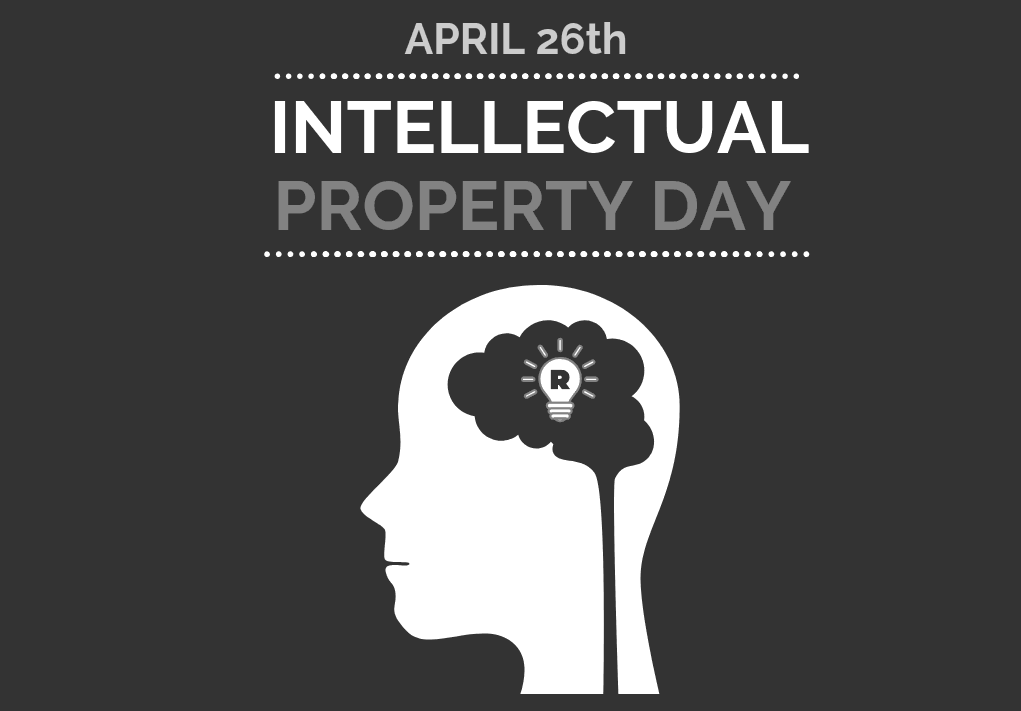
Every year April 26 is celebrated as World Intellectual Property Day. Intellectual property is the original creation created by using the intellect of a person or organization like knowledge, skill, labor. Such intellectual property includes literary works, music, architecture, painting, research, symbols, names, movies, designs, etc.
Intellectual property is protected by copyrights, trademarks, patents, etc. Such ownership is like material possessions. Every person or organization can earn income using their intellectual property. It is this right that drives people to invent new things.
The right to intellectual property is the right to protect the creation of the Creator. As scientists invent, that invention is called intellectual property. If the design of the mobile is made in a different way, if the design of the house is made in a way that is not in the world, then such a patent is right, that is intellectual property.
Guitars and harmoniums are also the intellectual property, the intellectual property of the inventor of these instruments. When the music created from it is used in public in many places, a certain amount of money is demanded, it is called royalty. The creator has the right to create the song or the story. There is a system of delegating the right to such creation.
The copyright of any creator remains for 50 years even after he/she dies. During that period, the one to whom the Creator has delegated authority enjoys it. After 50 years, that creation remains public property. But the name of the creator of that creation can never be changed.
Economic rights include the right to reproduce, translate, modify, modify, convert, sell, distribute or restore, import, display, broadcast, etc. the works. Only the creator concerned has the right to allow or prevent anyone from doing these things.
Under the moral right, the author has the right to have his name mentioned in his work, to preserve the honor or reputation of the work and to modify or modify his work. There is a provision in the act that the name of the creator cannot be removed or the composition cannot be done otherwise even in the composition where the sale or transfer of rights has taken place.
There is a legal provision for the moral right to name but people do not have time to fight such issues. Different people are using it in different places. That is why it is being debated.
The rights of the Creator have been completely violated. Whose song is the music? Who wrote and sang? They only play songs without mentioning the name of the creator. That is a violation of moral authority. In the Copyright Act, 2059, it is mentioned that the owner of any work will get two types of rights, financial and moral.
For this, the Creator must first be aware. The person using the second thing also had to be careful. They are killing even though they know that they have to go to jail for killing. A similar situation has occurred. People are making mistakes even though they know it is wrong.
They sing songs knowing that they should not sing without permission. Many do not even know the consciousness of not singing.
Creators have become increasingly aware of royalties. The royalty is to be received only from the place where the agreement is made. A certain amount has been raised. However, the government has not been able to raise the issue of royalties. There are many places that the state should manage.
The creators themselves are consciously trying to manage in this way, but for that, the state should also provide great support. The police administration should be equally strict. Many songs are also being played on public transport.
The loss of intellectual property of musical creations is now becoming public. They are doing business in the party palace and hotel by playing songs and music. Those hotel restaurants are not paying royalties.
However, the number of cases convicted by the court is very low. There is an issue about not paying royalties by playing songs on mobile ringtones. Even the court cannot resolve that issue. Even the courts in Nepal are not well aware of this intellectual property.


